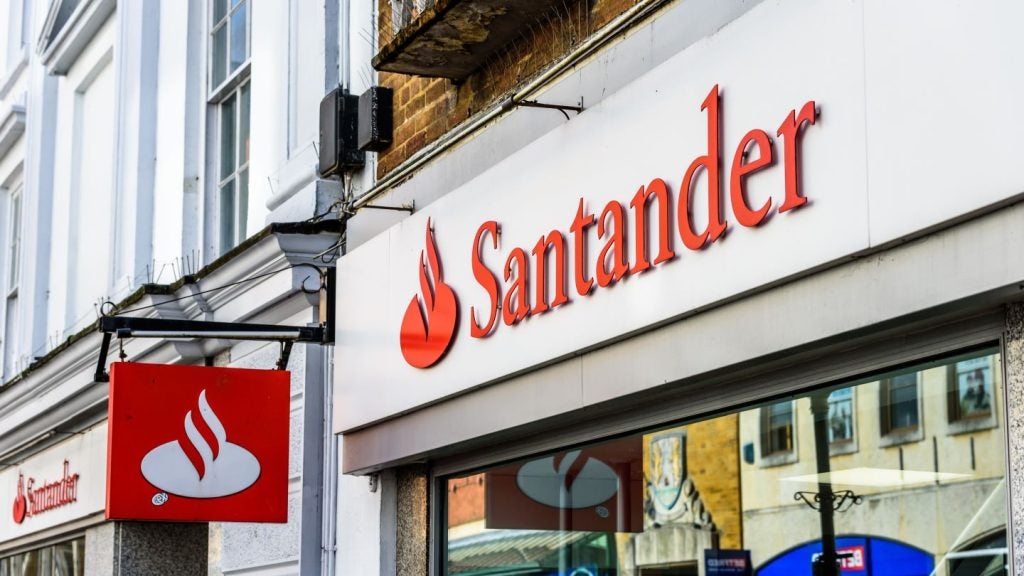At the FLA Annual Dinner in London on 20th February 2024, John Phillipou, Chair of the Finance & Leasing Association (FLA) and Managing Director, SME Lending at Paragon Bank plc, addressed 1,400 members and guests.
Highlighting the FLA’s contribution to the UK economy, Phillipou discussed key financial statistics, collaborative efforts within the asset finance sector, and the Association’s commitment to improving industry practices.
Furthermore, he shed light on initiatives such as the “FLA Accredited Broker” and the FLA’s engagement with the Financial Conduct Authority (FCA), alluding to the association’s role in shaping better regulations.
Additionally, he shared insights from the FLA’s 2024 Manifesto, addressing crucial issues like Consumer Credit Act reform and the ongoing commitment to Net Zero.
Below is an edited transcript of John Phillipou’s speech:
Chair John Phillipou maps the course for the FLA: finance, collaboration and industry advocacy
Dear members and guests, the FLA’s contribution to the UK economy continues to grow.
How well do you really know your competitors?
Access the most comprehensive Company Profiles on the market, powered by GlobalData. Save hours of research. Gain competitive edge.

Thank you!
Your download email will arrive shortly
Not ready to buy yet? Download a free sample
We are confident about the unique quality of our Company Profiles. However, we want you to make the most beneficial decision for your business, so we offer a free sample that you can download by submitting the below form
By GlobalData£151 billion of new finance was provided to businesses, households and the public sector in 2023, £63 billion of which came from non-bank lenders.
£113 billion was provided as consumer credit, including £52 billion of motor finance.
£38 billion of asset finance supported businesses across the UK, £23 billion of which went to SMEs to fund new equipment, plant and machinery or purchased software.
FLA members provided £151bn of new business in 2023
Beyond the financial value generated by members for UK PLC, the FLA trade body does a tremendous job of challenging us to improve not just what we do but how we do it.
In the asset finance sector, we have seen important collaboration among members to prevent fraud and improve oversight.
I encourage more members to join this service as together we are stronger.
We are also delighted to announce the launch of “FLA Accredited Broker” – a new service to help participating brokers demonstrate best practice through alignment with our Business Finance Code and compliance with FCA regulations. It’s an efficient check for funders who are ever more challenged to evidence that they work professionally with brokers, and most importantly, our customers will benefit too.
In the consumer finance sector, the FLA’s Future of Credit project asked our customers what they want from the sector. Members have provided input on what’s possible, and politicians and regulators are also part of the discussion so that solutions which fall outside our gift can be addressed. For those who haven’t seen this important report which the FLA launched and presented last year, please take a good look at this as the consumers of today are often the business and motor customers of tomorrow.
And last but certainly not least, in the motor finance sector, there are now over 47,000 active SAF users. For those not familiar with SAF, it’s a long-established training programme set up by lenders and provided free to motor dealers so that their knowledge about the finance products remains up to date and is checked annually.

In fact, FLA motor finance lenders now only arrange finance through intermediaries (dealers and brokers) who are SAF-approved or accredited under an equivalent training and competence scheme.
That’s what our industry has been doing to improve how it does business.
Staying in the motor finance sector for a moment – the FLA has for months been working behind the scenes with the Financial Conduct Authority, Financial Ombudsman Service and the Treasury to find a way forward on the commissions issue.
The pausing of complaints handling, announced some weeks ago, was a welcome intervention and provides space for genuine complaints to be resolved and for certainty, clarity and consistency to be restored to the sector.
On to the year ahead – We also have some important ideas to share with the UK political parties as they put together their manifestos ahead of the General Election later this year.
FLA’s 2024 Manifesto advocates regulation reform, improved access to finance and green investment
Our proposals were set out last week in the FLA’s 2024 Manifesto. Under the heading of better regulation, we emphasised the urgency of the Consumer Credit Act (CCA) reform. It’s incompatible with the Consumer Duty, does not meet the expectations of modern customers, and must remain a priority for the incoming Government. Let’s wish a happy 50th Birthday to the Consumer Credit Act 1974 and look ahead to its successor.
The call for proportionality in regulation is sometimes dismissed as a plaintive cry from industry, but the effect on our customers is real. In the consumer credit sector, increasingly stringent affordability requirements have excluded many former customers from the market. They are creditworthy, they can afford repayments – but they do not fit within the parameters set out by the regulator. The FCA has noted the problem, but we want and need to see action to restore access for this group.
Net Zero. Remember that? While not the headline grabber it once was, the 2050 target remains in place. Among the General Election noise, competing public policy priorities and what could most generously be described as wavering political commitment, the FLA’s manifesto sets out a considered plan covering greener choices, greener travel and greener growth.
The commonsense approach seeks to build business and consumer confidence by addressing specific concerns – whether it’s the need for a taxonomy of green assets so that businesses can make informed investment choices, or battery health certificates to support the used EV market.
We must not lose sight of Net Zero and ensure our lending is central to supporting the required evolution.









Related Company Profiles
Paragon Banking Group PLC